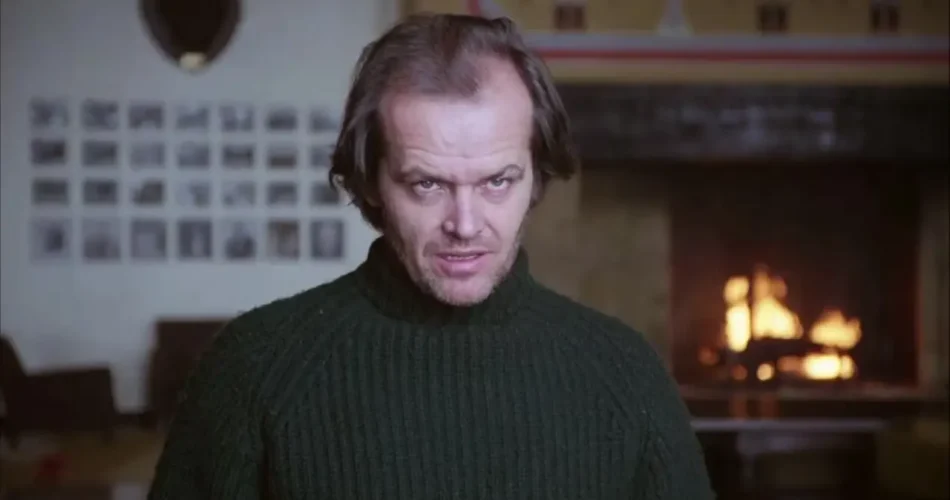A legendary figure from classic Hollywood played a crucial role in shaping one of the greatest actors of contemporary cinema, according to Far Out.
Jack Nicholson is a cinematic icon known for his intense screen presence, unique acting style, and ability to portray complex characters. However, behind his distinctive persona lies a key influence that helped shape his artistic vision: the legendary Bette Davis.
Despite forging his own identity in Hollywood, Nicholson openly acknowledges Davis as a fundamental inspiration. The classic Hollywood actress broke conventions with her performances and established a principle that Nicholson adopted: playing similar characters repeatedly to solidify an artistic identity, Far Out reports.
The Influence of a Hollywood Trailblazer
As a leading figure in the New Hollywood movement, Nicholson redefined American cinema through unforgettable performances in The Shining, Chinatown, and One Flew Over the Cuckoo’s Nest. His acting style, often perceived as inimitable, was shaped by his deep respect for the past.
Like directors who draw inspiration from predecessors—Christopher Nolan from Ridley Scott and Steven Spielberg, or Kelly Reichardt from Chantal Akerman—actors also evolve through artistic heritage. In Nicholson’s case, his greatest inspiration was a woman who revolutionized acting long before he rose to fame: Bette Davis.
Bette Davis: A Force of Transformation in Classic Hollywood
Bette Davis, a defining star of the Golden Age of Hollywood, left her mark with iconic performances in All About Eve, What Ever Happened to Baby Jane?, and Death on the Nile.
Her legacy goes beyond acting talent—she was fearless in portraying women who defied the stereotypes of her time. While many actresses were confined to damsel-in-distress roles, Davis embodied characters with strength, intelligence, and emotional complexity.
By breaking barriers and challenging industry norms, Davis gained the respect of critics and filmmakers alike. Nicholson, who always focused on refining his craft rather than competing with others, found himself deeply influenced by her approach.
“Play the Same Role Again and Again…”
Nicholson admired Davis not just for her performances but for her philosophy on acting. He once stated:
“When I started in this business, I went against many conventions of the time. I’ve always been smart and calculated. And one of the things I truly believed in was what Bette Davis said—my favorite actor or actress in film: ‘You play the same role again and again, otherwise people won’t know who you are.’ And that’s how you become a movie star.”
At first glance, this might seem contradictory for an actor with such a wide range, but Nicholson’s career reflects this philosophy. His filmography is filled with characters who share an underlying essence—dark, erratic figures grappling with internal turmoil.
In Five Easy Pieces and The Passenger, he played men disillusioned with life. In One Flew Over the Cuckoo’s Nest and The Shining, he portrayed characters spiraling into madness. Even in Batman (1989), his Joker embodied the unpredictable chaos present in many of his roles.
Though his characters differ in setting and story, they all carry a signature energy—unpredictable, intense, and deeply psychological. This consistency, learned from Davis, is what cemented Nicholson’s stardom.
A Legacy That Transcends Generations
Bette Davis’ influence on Nicholson is a testament to how great actors shape future generations. Their legacy extends beyond their own performances, influencing those who follow in their footsteps.
Like Davis, Nicholson understood that acting is both transformation and identity. By embracing her philosophy, he crafted his own legend in Hollywood.
Today, both names are synonymous with acting greatness. Their connection proves that cinema is an evolving art form, built on the foundations laid by those who came before.

